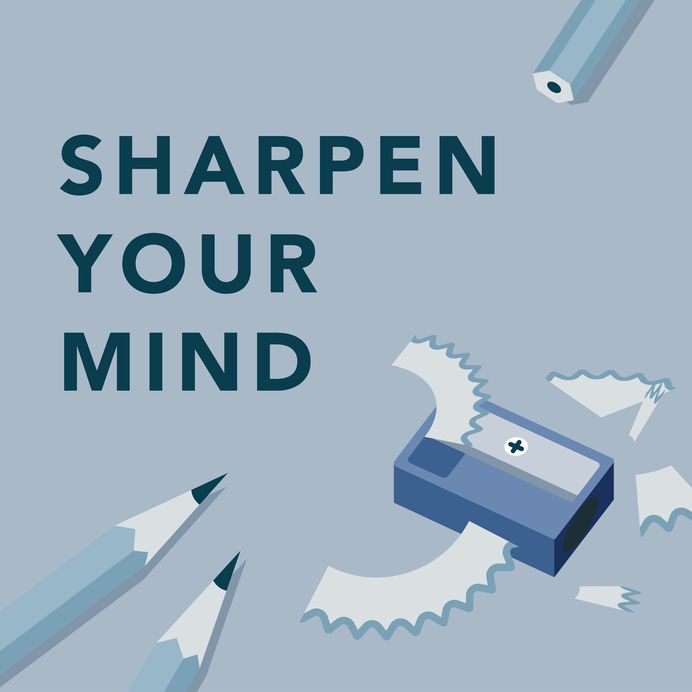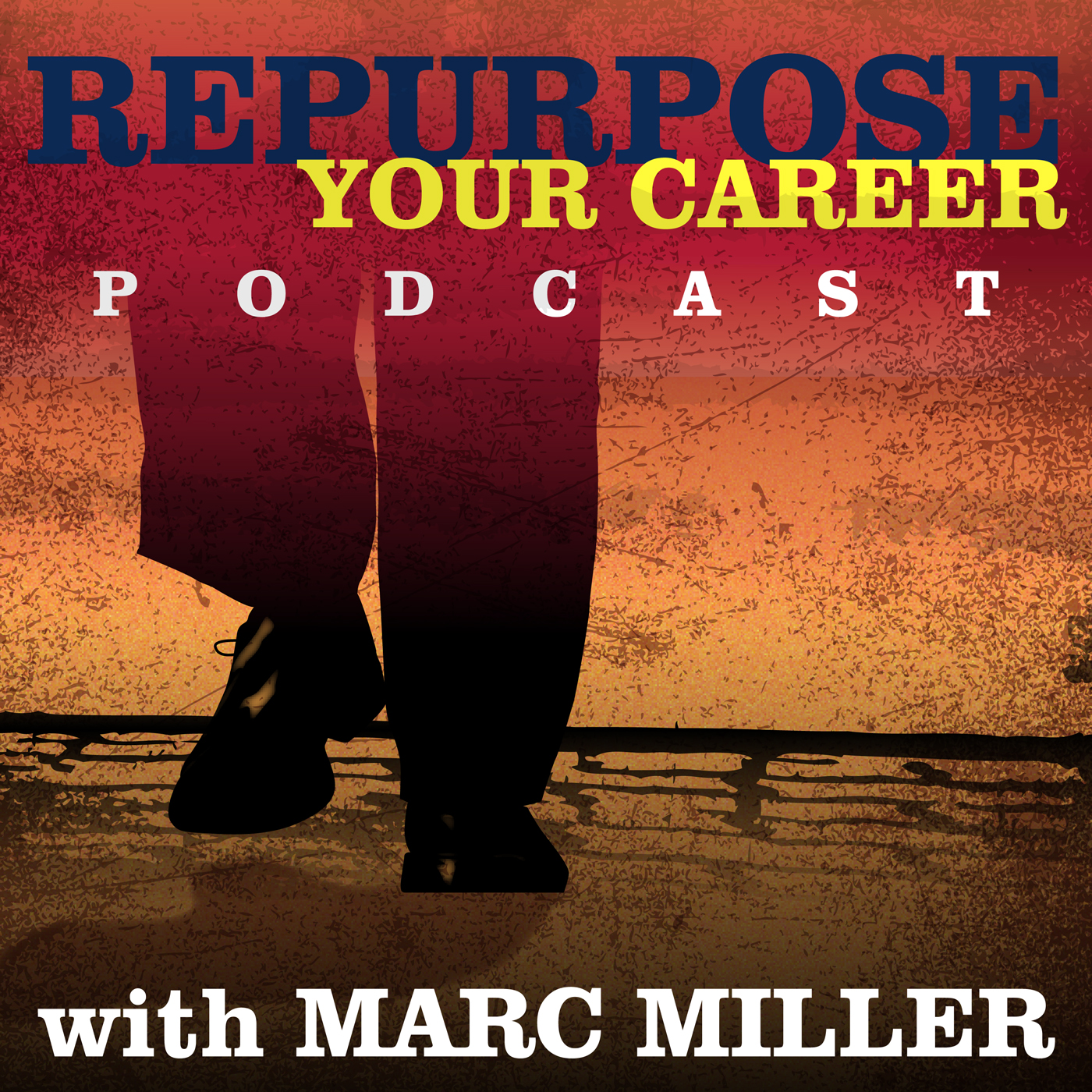How to Keep Your Mind Sharp
 You’re only as old as your ability to process new information. Scientists used to believe that your brain developed rapidly in the first few years of life, and then slowed down in your 20’s as your mental capabilities reached their peak. This wasn’t even close to the truth.
You’re only as old as your ability to process new information. Scientists used to believe that your brain developed rapidly in the first few years of life, and then slowed down in your 20’s as your mental capabilities reached their peak. This wasn’t even close to the truth.
The brain, as we’ve learned since then, continues to change, develop, and learn over the course of your life. While certain cognitive functions may become weaker or less reliable with age, other functions may continue thriving (even improving) over time.
Great news.
So what exactly happens in your brain when a memory is made? And more importantly, how can you ensure you’re able to continue learning new things as you age? In this article, we discuss how the brain works and some of the most proven memory games to regain your brain and keep mentally fit regardless of how old you are.
How are memories formed in the brain?
The human brain is the greatest and most misunderstood machine of all time. In 2007, Richard C. Mohs penned a very in-depth resource on How Human Memory Works, in which he goes through simplifying the very complex process of encoding, storing, and retrieving memory. In the chapter on memory encoding, he explains:
“Encoding is the first step in creating a memory. It’s a biological phenomenon, rooted in the senses, that begins with perception.”
Once a memory or perception is encoded in your brain, it’s then stored in various locations (via electricity and chemical activity) for later retrieval. Though the scientific community is not 100% sure how memory recall truly works, they do know that the connection between neurons and synapses become stronger each time you recall a memory.
The more you use your brain to remember things, the stronger these connections become and the better memory you will have. Unfortunately, this doesn’t help explain why you forgot where you put your keys yesterday.
How does the brain forget things?
It’s no secret that even though our brains are amazing, they have a tendency to let us down. This usually occurs in the form of memory loss or forgetfulness. In the seven sins of memory, Daniel Schacter categorizes memory loss into the following 6 of 7 types:
- Transience – This means the decreasing accessibility of memory over time. This is definitely normal and part of the aging process. It can be worse but usually related to damage to the hippocampus.
- Absent-mindedness – We all know this one! Lapses of attention and forgetting to do things. This occurs at two stages: when a new memory is created (encoded) and when that memory is accessed (retrieved).
- Blocking – You know when something is on the tip of your tongue, but you just can’t remember it? That’s considered blocking aka the temporary inaccessibility of information that your brain has stored.
- Suggestibility – Remembering something that isn’t 100% accurate. Usually due to outside influence, deception and other causes. Sounds super dramatic, right?
- Bias – Psychologist Michael Ross observed that memories can be distorted and skewed by a person’s current knowledge and beliefs.
- Misattribution – This happens when you swear you’ve seen or heard something that you, in fact, did not. As you can imagine, this type of memory loss or flutter can cause major hiccups in a court of law.
The seventh sin of memory is persistence. I didn’t include it because it has to do with the ability to not forget something – like a traumatic event that plays over and over in your head.
At this point, we know a lot more about how your brain manages to process, store, and forget memories. But what can you do to ensure as you age you maintain the ability to learn new things (strengthen those synapse connections), as well as the ability to forget less?
This is where brain games or brain exercises come into play.
8 unusual brain exercises to sharpen your memory
In the above video, memory expert and two-time USA Memory Champion, Ron White, goes over 8 weird (but effective) memory training games to keep your brain firing on all cylinders; also referred to as neurobics. This goes beyond matching cards or using some smartphone brain games app. Neurobics involves using your brain in new and unexpected ways to stimulate growth.
Ron explains that while doing the same exercise over and over may seem like it helps your brain, the opposite is actually true. Here are the 8 exercises he recommends to stimulate your brain:
- Get some coins and put them in your pocket. Then reach in your pocket, not being able to see the coins, and feel the texture, size etc to figure out what coins they are (quarter, nickel, dime). This exercise utilizes your sense of touch.
- Close your eyes when you walk in your house. Carefully try to navigate through your home with your eyes closed and identify where your furniture is. This really tests your memory in a way it’s not used to working.]
- Watch the television with your friends on mute. You and your friends invent conversations with the characters talking. Not only does this challenge your brain to improvise based on what you see, but it’s also a lot of fun.
- Read something outside of your normal routine. If you typically read about crafting or wellness, switch it up and read about French history or hunting. Taking your brain out of your normal routine can be very stimulating.
- Watching a different news channel than usual. News channels have a tendency to be politically biased. By watching the “other” channels you will be taking yourself outside of your comfort zone, and force your brain to process different information than what you’re used to.
- Take a new route while driving. We have a tendency to build up habits, especially around how we commute. Taking a different route home from work once a week will wake up your brain.
- Write with your nondominant hand. Spend a week writing with your nondominant hand and see how well you can write. This is an incredible way to trigger parts of your brain that are usually dormant.
- Close your eyes, and try to identify spices by smell. Get a friend to gather a bunch of your spice jars, and then close your eyes and take a whiff. Smell is a fantastic way to trigger memory retrieval and inspire new meal ideas.
When it comes to neurobics and retaining your brain power, the moral of the story is to try new things. Reignite a forgotten talent. Take yourself out of your comfort zone. Listen to new music. Smell new flowers. Close your eyes and use your sense of touch, hearing, taste, etc. When you stop using your brain in new ways and stop challenging your ability to process different types of information, your brain starts to degrade; much like muscle atrophy from a lack of physical activity.
Changing careers, especially later in life, can do wonders for stimulating your brain power – especially if you’ve been on the same career path for a number of years. Utilizing your past experience to make practical pivots is the premise of Repurpose Your Career, by Marc Miller.
Are there any brain games you like to play to keep your mind sharp? If so, please share them in the comments below.
This was written by Elijah-Blue Vieau. Elijah is a musician turned digital marketer from Toronto, Canada who has helped hundreds of entrepreneurs, small businesses, and enterprises grow their business online. When he’s not running the SEO department at Looka, the world’s favorite logo maker, you can find him teaching SEO workshops at local tech hubs, recording and performing music, or off the grid in a remote cabin up north with his wife, 2 daughters, and an acoustic guitar.
Like What Your Read? Get Career Pivot Insights
Do You Need Help With ...

Check out our Help Center where you have access to 14 different content portals.




Oh, interesting article, thanks. I believe that those who say “that with age you become wiser” are not always true. This “wisdom” needs to be supported, always to develop, to find new interests and activities. At 50, I have a good command of a computer and study programming and am not going to stop.
Well, live and learn.
Outstanding practical tips to improve your memory at any age I am implementing several of the above suggestions by a new name in my memory bank-Ron White USA Memory Champion even that title is new someday I hope that title becomes more globally known instead of other sports that contribute to memory decline. Cooking, dancing, travel, learn a new language anything to challenge your brain recharge your brain or as I am doing reading a book in a foreign language. New fresh approached to keep an active healthy brain as we expect to stay employed or as self-employed in the second half of life.
“I think that is one of the so much important info for me.
And i am happy reading your article. But want to observation on few
general issues, The website taste is great, the articles is truly excellent”